Now that you know your dog has diabetes, one of the most important things you can do is make sure he or she eats well. A consistent, tasty and nutritious diet plays a key role in managing your dog’s diabetes. The best diet for your dog is one he or she will eat reliably and consistently at a level which will help maintain an ideal body weight and condition. It’s a good idea to ask your vet about the best diet for your pooch, including suitable treats for your diabetic dog.
Some important things you can do to get started include:
- Working with your vet to calculate the daily total caloric intake (including any snacks or treats) to help your dog maintain or achieve an ideal weight.
- Keep meal content, amount and timing the same each day to minimise blood glucose fluctuations.
Here are a few other things to keep in mind
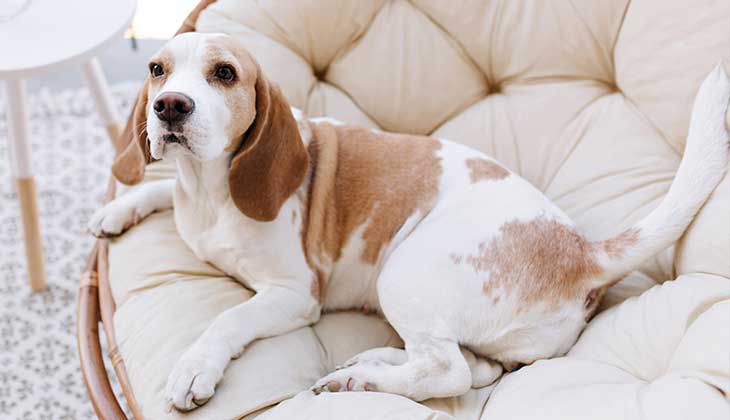
Diabetic Dog Food
These meals are specially formulated veterinary prescription diets and they are meant to help minimise fluctuations in blood glucose. High in fibre, these diets can also be useful if your pup needs to lose weight.
Regular Dog Food
A regular or commercial dog food that offers a balanced and complete diet may be suitable for your diabetic dog, but in some cases, diabetic dog food may be a better option. It’s a good idea to discuss this with your vet.
Clean Drinking Water
You should always have clean water available for your dog to drink and it is useful to measure how much your dog is consuming throughout the day to monitor his or her progress, since the amount drunk will decrease as your dog’s diabetes improves with treatment.
Snacks or Treats
Your vet can recommend snacks or treats that are suitable for your diabetic dog. These should be included as part of your dog’s daily caloric intake.
Time Insulin Injections and Feeding
You should feed your dog around the time that you give his or her insulin injections. This can help manage increases in blood glucose that occur as your pup digests food.
Number of Meals in Relation to Insulin Injections
The number of insulin injections your dog needs each day will determine what proportion of his or her daily calories should be consumed at each meal.
- Once daily insulin injection – First meal should be in the morning with the second meal around 8 hours later. Your vet can advise you as to what proportion of your dog’s daily caloric intake should be fed at each meal.
- Twice daily insulin injections – Feed half of your dog’s total daily caloric intake at the time of each injection.

I’m Not Sure if My Dog Will Eat a New Diet
Some dogs can be fussy and getting them to switch to a new food may seem impossible! It may take a couple of days for your dog to get used to this new diet. You can try mixing the new food with your dog’s previous food, then gradually decreasing the amount of the old food you add in. It is important that your dog eats consistently, so if your dog really does not like the new food, then alternatives will need to be considered. You can discuss your dog’s diet with your vet and should consult him or her before making any dietary changes.
Body Weight and Condition
Maintaining your dog’s ideal body weight will help simplify managing his or her diabetes. Your vet will advise you as to your dog’s body weight and condition and how to manage your dog’s weight.
Underweight Dogs – these pups need a highly digestible diet containing high-quality protein which should help your dog gain weight gradually.
Overweight or Obese Dogs – these furry friends require gradual weight loss and insulin dose adjustment because of the risk of low blood glucose, a condition called hypoglycaemia, which is a serious complication arising from a too high dose of insulin.
This Seems Like A Lot To Remember!
Managing the health and nutrition of your diabetic dog is really important and it can seem like a lot. The good news is that there are several products that can actually make feeding, tracking and monitoring just a little easier for you – plus, provide you with the reassurance that your beloved pooch is getting just what he or she needs.
Remember…
Most cases of canine diabetes can be managed at home with insulin injections, an appropriate diet and regular exercise. With effective treatment, affected dogs can continue to live a long and happy life. The most important factor in choosing a diet for your dog with diabetes is that he or she likes the food and is willing to eat it consistently, every day.
Also, remember to keep an open dialogue with your vet!
Your vet plays a big role in your pet’s health. Enter your location and get a list of vets near you.
FIND A VET






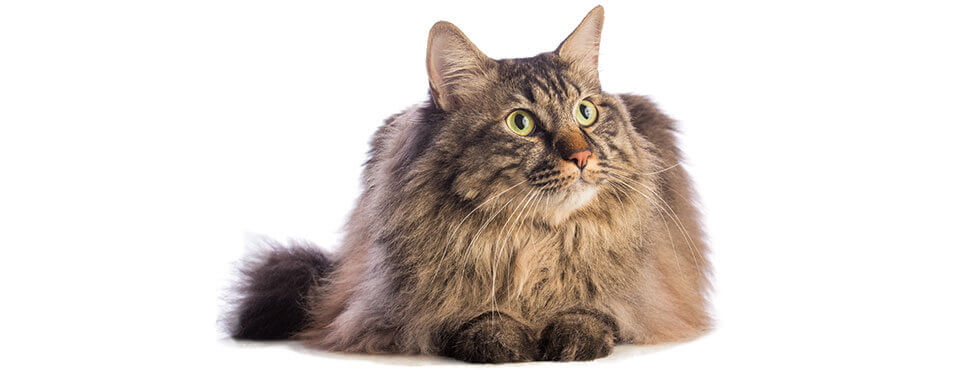
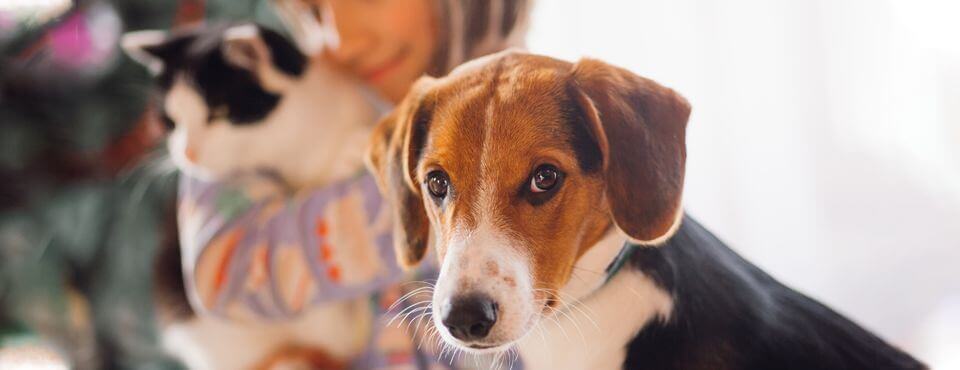

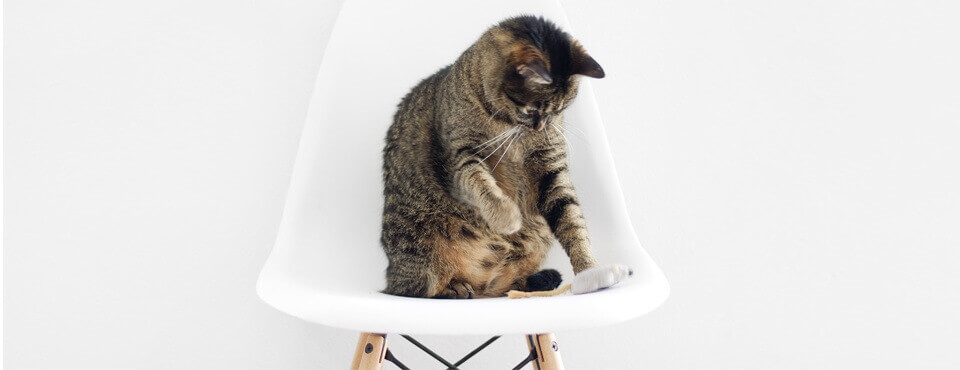

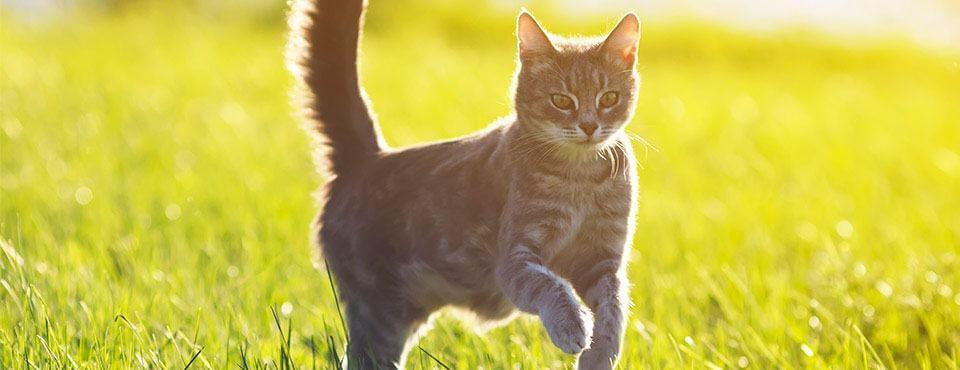
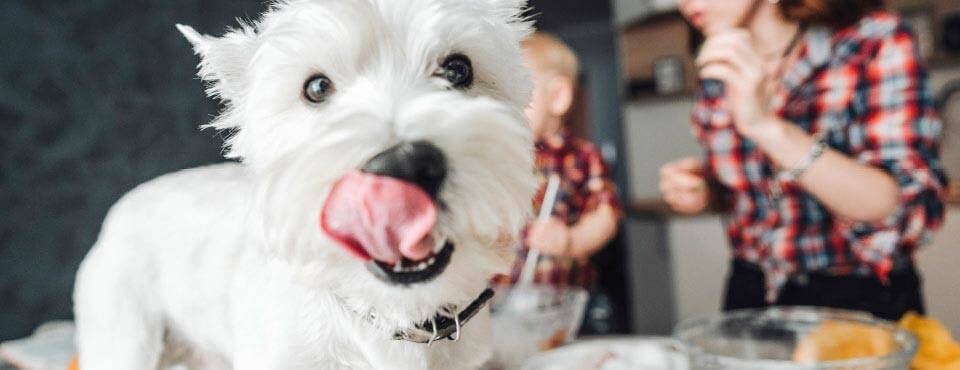
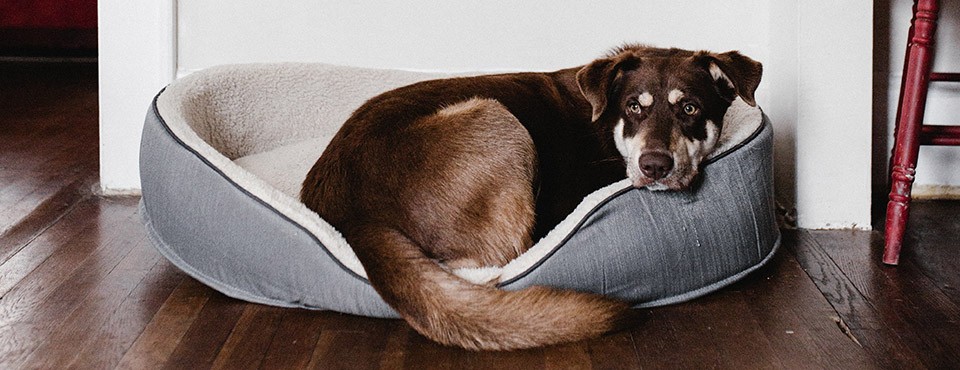
 Go To United States
Go To United States Austria
Austria Belgium
Belgium Czech Republic
Czech Republic Denmark
Denmark Europe
Europe Finland
Finland France
France Germany
Germany Greece
Greece Hungary
Hungary Ireland
Ireland Israel
Israel Italy
Italy Netherlands
Netherlands Norway
Norway Poland
Poland Portugal
Portugal Romania
Romania Slovakia
Slovakia Spain
Spain Sweden
Sweden Turkey
Turkey United Kingdom
United Kingdom